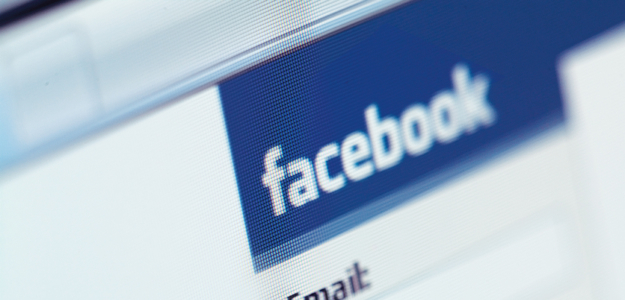 If you’re someone who finds the constant barrage of political advertising on social media in the weeks running up to this year’s US Presidential Election to be more than a little distracting – if not entirely offputting – then there’s some good news for the future: You’re likely to see a lot less of it… Or, at least, a lot less of the kind that you’ve become all too familiar with.
If you’re someone who finds the constant barrage of political advertising on social media in the weeks running up to this year’s US Presidential Election to be more than a little distracting – if not entirely offputting – then there’s some good news for the future: You’re likely to see a lot less of it… Or, at least, a lot less of the kind that you’ve become all too familiar with.
The reason for that is that a new study entitled Can Facebook Advertisements Increase Political Candidates’ Name Recognition and Favorability? Evidence from a Randomized Field Experiment – conducted by University of California Department of Political Science graduate student David Broockman and Columbia University Professor of Political Science, Donald Green – has revealed that… Well, Facebook ads don’t actually seem to make any real impression on those that see them.
As the study reveals, although previous studies have demonstrated that other forms of media and advertising have detectable effects on undecided voters’ choices and behavior when it came to choosing a candidate – or even simply forming early opinions about a candidate – that wasn’t the case when it came to Facebook ads. “We found that voters randomly assigned to view a candidate’s online ads a number of times did not have significantly differing opinions of him and indeed did not recall seeing his ads at all,” the study reports.
“Speaking for myself I thought the results were surprising,” Broockman explained to the Talking Points Memo website. “Like most Americans I use Facebook every day and think it’s a great product. However, on reflection, I can’t remember any Facebook ads I’ve seen in the last week — and it appears most Americans are the same.”
Unsurprisingly, those who work in digital marketing aren’t exactly in agreement with the study’s results, pointing to flaws in the methodology. “This was just one one state legislative race [used in the study],” complained Rebolution Messaging’s Keegan Goudiss, adding, “You would think that they would at least compare several races at whatever level — legislative or above.”
It’s not all bad news for advertisers, though; as Broockman admits, the experiment’s results aren’t 100% bulletproof. “The experiment estimates the effect at zero, but it cannot say that it is exactly zero,” Broockman admitted. “It is possible that a very small number of people remembered the ads. But just like one undecided voter changing their mind from one day to the next wouldn’t itself register in a national poll, effects of the ads of such small sizes wouldn’t be able to be picked up in our study. We can be confident enough — that is, using the language of polls, the margin of error is small enough — to rule out the kind of effects that could have a meaningful impact on candidates’ campaigns.”
Editors' Recommendations
- Having trouble accessing your Instagram account? You’re not alone
- The new ways Meta will pay you to make content for Facebook and Instagram
- Facebook to ban ads that claim election win before official announcement
- Targeted Facebook ads are about to lose a big audience: iPhone owners
- Facebook is adding shopping to your mobile app

